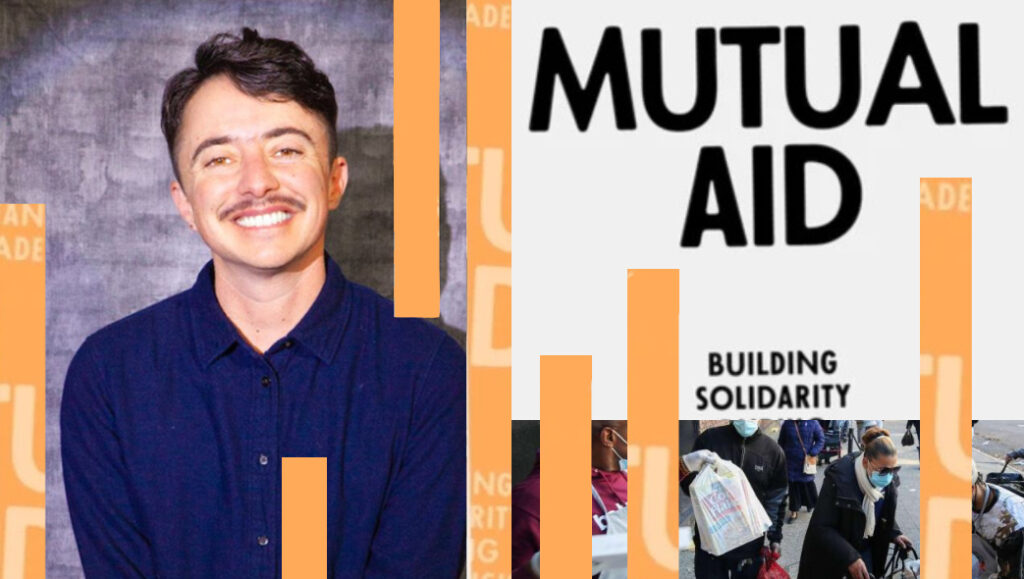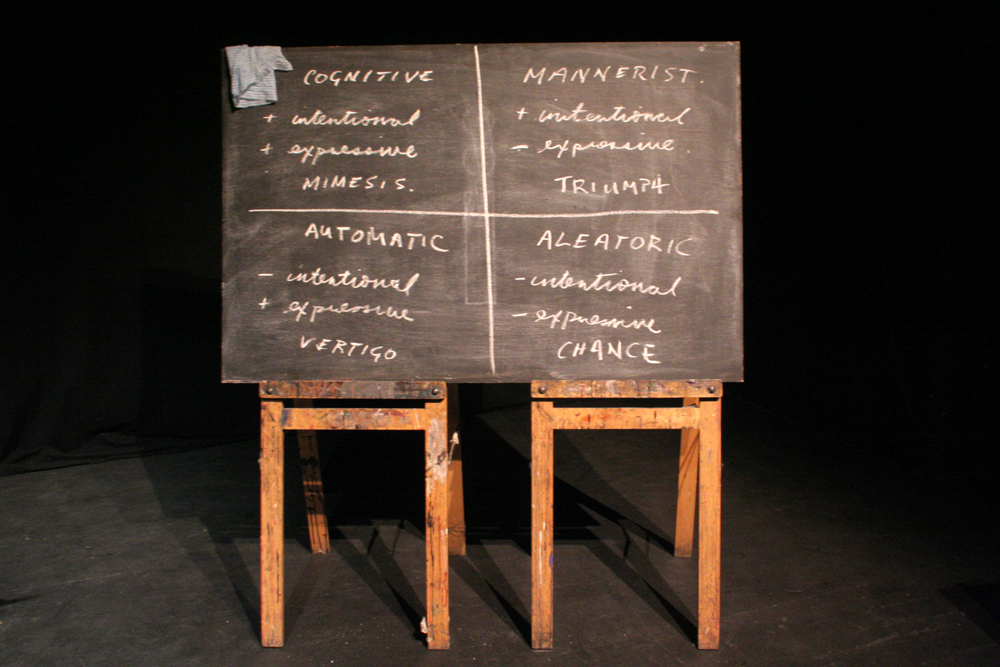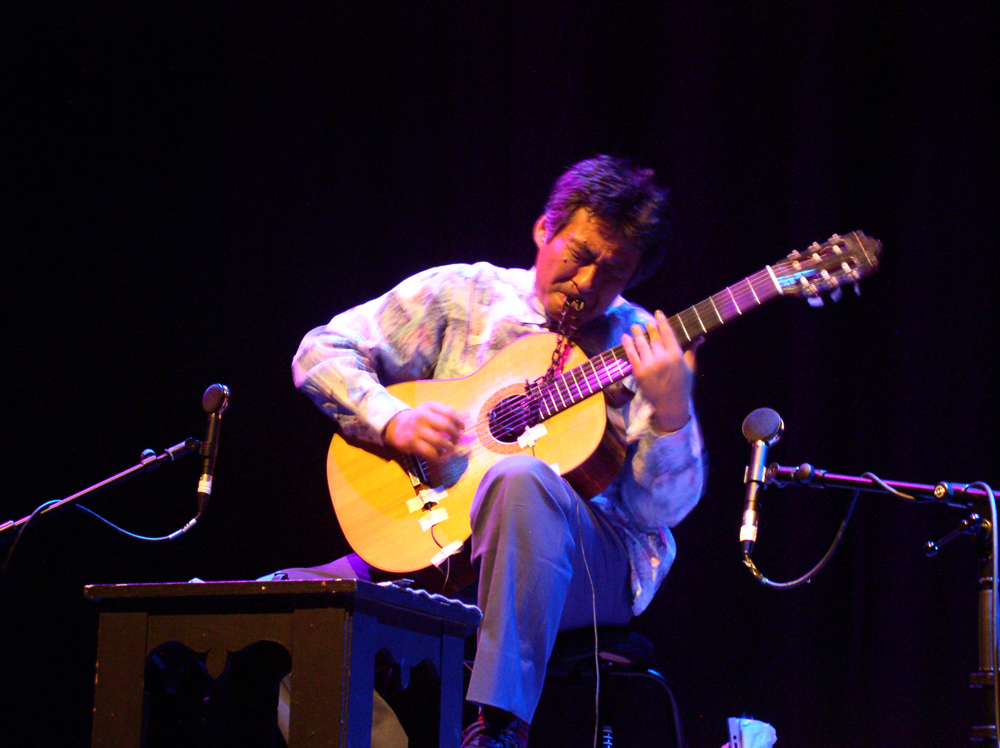
Pauline Oliveros & David Dove
David Dove Pauline Oliveros
Since the 1960’s Oliverios has had a profound influence on generations of musicians through her work with myth and ritual, improvisation and meditation.
Arika have been creating events since 2001. The Archive is space to share the documentation of our work, over 600 events from the past 20 years. Browse the archive by event, artists and collections, explore using theme pairs, or use the index for a comprehensive overview.

Since the 1960’s Oliverios has had a profound influence on generations of musicians through her work with myth and ritual, improvisation and meditation.

Akio Suzuki and John Butcher performing in a remote sea cave near Durness.

Andrew Chalk & Christoph Heemann return with their diaphanous, impressionistic drone duo; their slowly evolving and enthralling works flutter and quiver with elegantly restrained, miniature sound events.

A drone installation populated by flourescent strip lights working in complicity with analogue radios – “all the lights just do their thing”.

Quintessentially British, The Bohman Brothers’ music is a home-made and DIY conflux of some of the most virulent strains of experimental music.

How do poetry and maths stitch together pictures of our fractured situation from its wreckage and relics, from the debris of hope and the well of residues that make us what we are?

In this interactive workshop, Dean Spade, author of Mutual Aid, will share key principles, explore common challenges in mutual aid work, and offer tools for working through them.

Christian Bök‘s work spans thrillingly conceptual poetry to body-shaking vocal performances.

Our favourite Lancashire-born autodictact asks what’s political about the tension between the individual and the collective in free jazz.

Haino exceeds expectation with a 4 hour solo performance on a collection of more than forty instruments from all over the world.

What’s the best way to spend time with a musician when they visit a city to perform? And when the musician in question has a great deal to say, what sort of concert do you organise to do justice to that?

One of the most arresting and unique improvisers in Japan, creating an original and powerful body of free music.